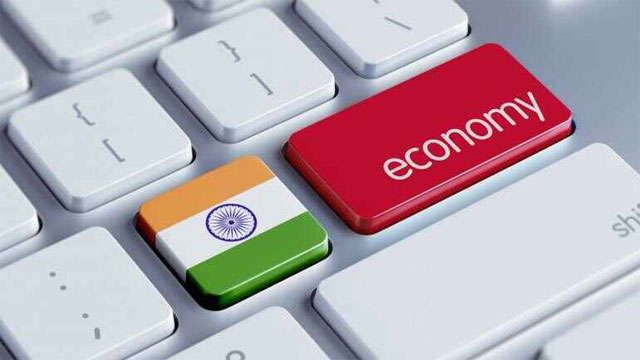NEW DELHI: Once the COVID-19 pandemic ebbs, the course of economic recovery in India will be smoother and faster than that of many advanced countries, according to KPMG. UNCTAD in its latest report on COVID-19 impact on developing countries has predicted that the major economies to be least exposed to recession would be China and India.
KPMG has said that steps taken to prevent the spread of the virus, such as the lockdown, have brought the economic activity to a standstill and could impact both consumption and investment.
The abrupt halt in urban activity could lead to a steep fall in the consumption of non-essential goods. In addition, around 37 percent of salaried employees in urban India are informal workers who will face uncertain income following the stall of urban activity.
KPMG has prepared three scenarios that can playout for the Indian economy. If there is quick retraction across the world, including India, by end April to mid-May, India’s GDP growth for 2020-21 may be in the range of 5.3 percent to 5.7 percent.
The second scenario assumes that while India is able to control Covid-19 spread, there is a significant global recession. In this scenario, India’s growth will fall to 4-4.5 per cent. In the third scenario, if there is proliferation within India and lockdowns get extended coupled with a global recession, it will be a double whammy for the Indian economy. India’s growth will fall under 3 per cent in this scenario as a prolonged slowdown would exacerbate economic troubles.
However, experts also pointed out that to show higher GDP growth in revised numbers recently, the government has reduced the base in the previous year. In that case, the government should have revised and lowered GDP growth for previous year. So, projections are taking place as per official numbers. It is now not the question whether government numbers are right. The historical government numbers are incorrect now, experts said.







